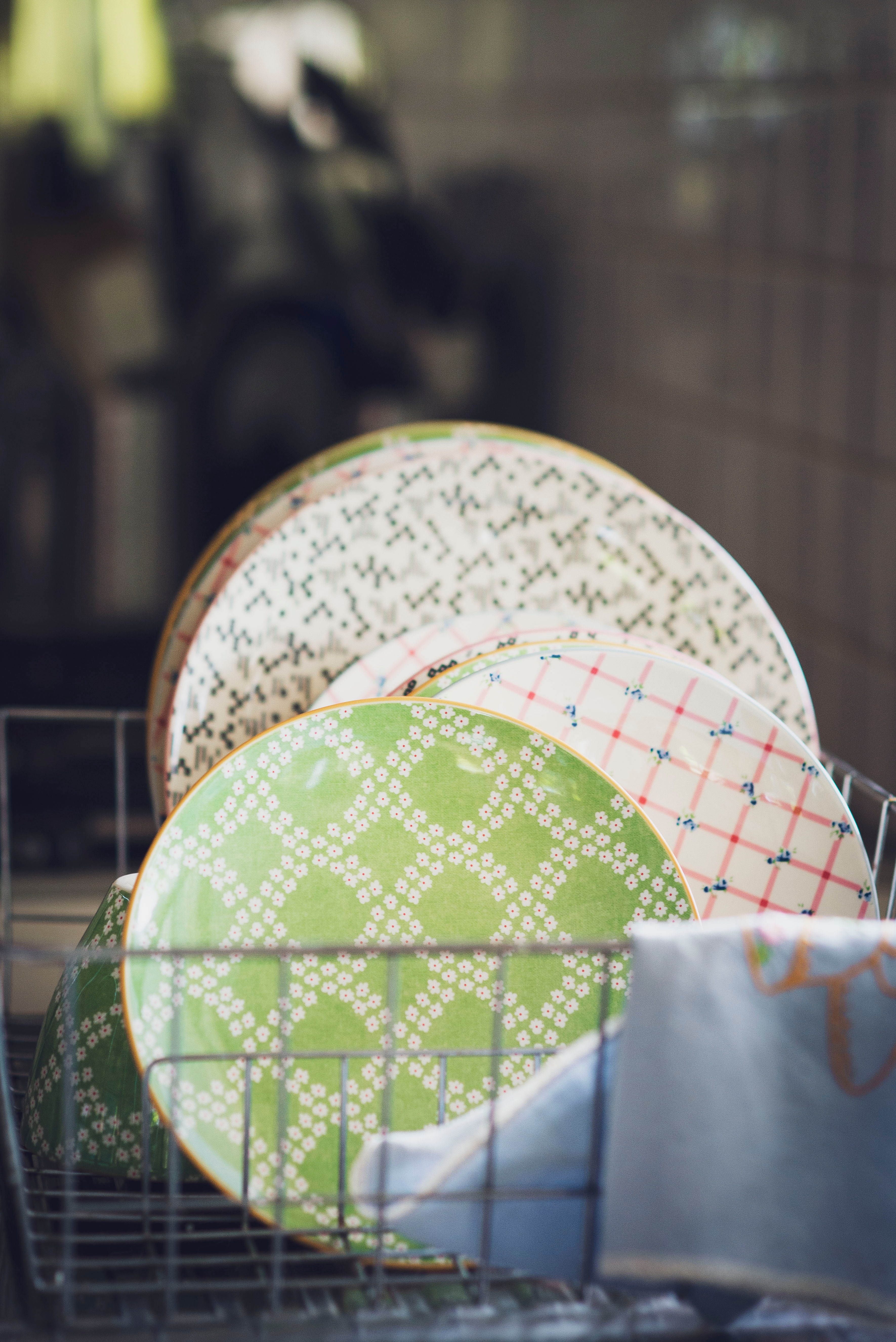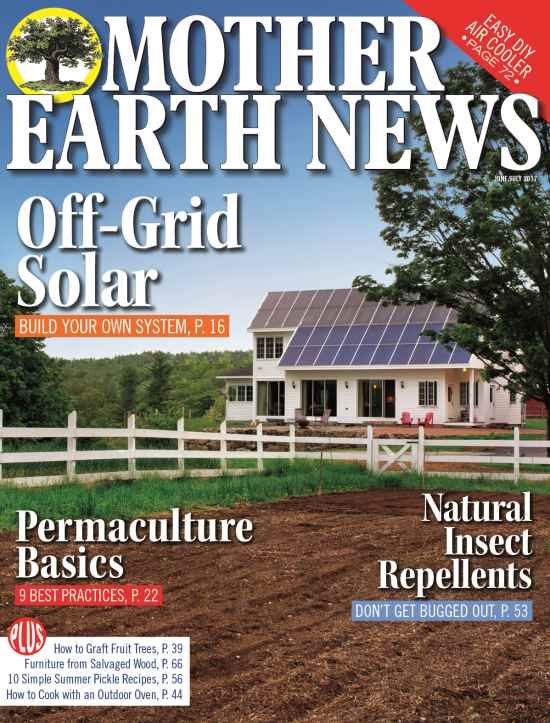Owning a homestead is a lifelong dream for many people. There’s freedom in running a farm, growing your own food or just living alongside your own land. At the same time, homesteads come with some unexpected costs that may tighten your budget.
Since homesteads are typically large, your energy bill may have soared to heights you haven’t seen before. It’s hard to see the bill get more expensive every month, but you don’t have to worry about that if you change a few habits.
Try these ten energy-saving tips you can practice year-round. You’ll add up your savings and be able to count how much money these tips save you in the long run.
1. Hand-wash Your Dishes

It’s easy to throw a few dirty dishes in the washing machine, but sometimes you realize you’ll need those dishes sooner rather than later. Instead of running a nearly empty machine, hand-wash your dishes instead. It will only take a few minutes and save you the cost of running your dishwasher when it’s not even full.
2. Buy Blackout Curtains
During the warmer months of the year, you probably notice your air conditioner turning on frequently. You can prevent your homestead from warming up quickly by buying blackout curtains. They’ll prevent heat and sunshine from entering your house and keep it pleasantly cool instead.
3. Turn On Ceiling Fans
As long as a ceiling fan is left on while you’re in the room, it’s saving you money. Ceiling fans create room-wide drafts that keep people comfortable. On average, you can raise your thermostat by four degrees without feeling like it’s too hot if you use ceiling fans.
4. Raise Your Thermostat
Do you keep your thermostat set to a lower temperature when it’s hot outside? You may want to raise it a few degrees. Forty percent of the average home’s electric bill results from the thermostat’s setting. Keep it warmer when it’s hot out and cold when it’s wintertime to see a reduced bill at the end of every month.
5. Watch Your Washing Machine Use

Like with your dishwasher, it’s important to monitor how often you’re using your washing machine. Whether you put in a small or super-sized load of laundry, it will use the same amount of energy with each cycle. Pace your laundry by washing large loads every other day, which will cut down how much you pay for your electric bill.
6. Double Check Your Windows
Feel along the edge of your windows when there’s a big temperature difference between the indoors or the outdoors. If you feel cold or hot air seeping into your home, your windows aren’t sealed properly. Learn how to seal windows on your own to keep your HVAC unit from working overtime.
7. Use Different Lightbulbs
You may have bought the same lightbulbs for years, but incandescent bulbs may be what’s hurting your energy bill. They produce more heat than light, so they’re pulling on energy to work and forcing your AC unit to work more to cool your homestead down.
Instead, buy LED or CFL bulbs. They’re both energy efficient and affordable, but there’s a difference. CFLs may take a minute to achieve their full brightness, while LEDs instantly turn on.
8. Insulate Your Duct System
It’s easy to forget about your duct system until something goes wrong, but you might want to consider insulating it. As air flows through to your home, the insulation will keep the air from being lost in your walls and ceilings. It ultimately increases system efficiency by 20 percent and saves you money.
9. Replace Your Air Filters
Grab whatever you use to keep track of your long term schedule and pencil in a reminder to replace your air filters every three months. When the filters become clogged, your HVAC unit takes more time to push air through. Invest in clean air filters so your unit only runs when it has to.
10. Upgrade Your Appliances
The last thing you may want to consider to save money is to upgrade your appliances. Older appliances wouldn’t have been made with energy-saving features in mind, but modern appliances are. Upgrading your major appliances, changing the setting on your thermostat and insulating your duct system are things any homesteaders can do to save money on their energy bill year-round.










